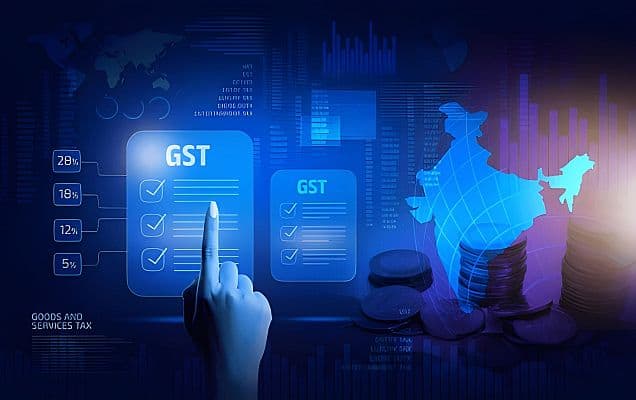Prime Minister Shri Narendra Modi today chaired the meeting of 40th edition of PRAGATI, the ICT based multi-modal platform for Pro-Active Governance and Timely Implementation, involving Centre and State governments.
In the meeting, nine agenda items were taken for review including eight projects and one Programme. Among the eight projects, two projects each were from the Ministry of Railways, Ministry of Road Transport & Highways and Ministry of Petroleum & Natural Gas along with one project each from the Ministry of Power and Department of Water Resources, River Development and Ganga Rejuvenation. These eight projects have a cumulative cost of over Rs. 59,900 crore, concerning the 14 states viz Maharashtra, Karnataka, Andhra Pradesh, Tamil Nadu, Chhattisgarh, Odisha, Assam, Arunachal Pradesh, Meghalaya, Tripura, Mizoram, Nagaland, Sikkim and Jharkhand.

Prime Minister said that the agencies working in the infrastructure sector, such as roads and railways, should map their projects with the water bodies being developed under Amrit Sarovar. This would be a win-win situation as the material dug out for the Amrit Sarovars can be utilised for civil works by the agencies.
During the interaction, the Prime Minister also reviewed ‘National Broadband Mission’ Programme. States and Agencies were asked to leverage the centralised Gati Shakti Sanchar Portal to ensure timely disposal of Right of Way (RoW) applications. This would expedite the implementation of the Mission. Parallely, they should work to use technology for enhancing ‘ease of living’ of the common man.
Prime Minister further said that States may also formulate State level GatiShakti Master Plan on the lines of PM Gati Shakti National Master Plan and constitute state level units for this purpose. This can go a long way in better planning, identifying and addressing key issues and ensuring better coordination for timely execution of projects.
Up to the 39 editions of PRAGATI meetings, 311 projects having a total cost of 14.82 lakh crore have been reviewed.













